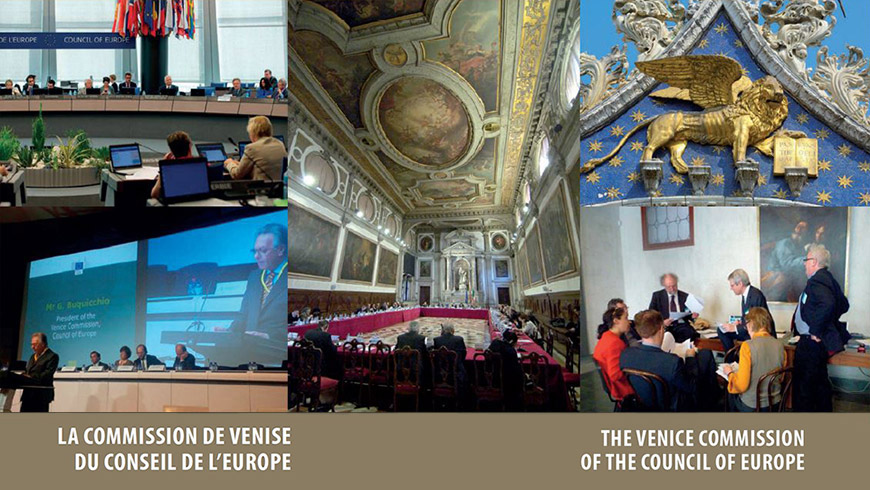Constitutional experts of the Venice Commission have concluded that while there exists a clear obligation under international law for all States and international organisations not to recognise an annexation, explicitly or implicitly, this does not necessarily oblige the Parliamentary Assembly of the Council of Europe (PACE) to deny credentials to the delegation of the annexing State. The report was requested by the PACE.
The Venice Commission has also adopted two opinions on Ukraine. In the first it warns that the State Language Law fails to strike balance between strengthening Ukrainian and safeguarding minorities’ linguistic rights. In the second opinion, the experts state that recent legal amendments on Supreme Court and judiciary threaten stability and independence of the system.
The Venice Commission’s opinion on Bulgaria stresses that the proposed mechanism to suspend the Prosecutor General might fail to achieve its goals and should not be extended to two chief judges.
As for the Law on the Use of Languages in North Macedonia, the Commission calls upon the authorities to re-examine new language law and to abandon the provisions on bilingualism in judicial proceedings. The opinion was prepared under the Expertise Co-ordination Mechanism in the framework of the EU/CoE joint programme “Horizontal Facility II”, co-funded by the Council of Europe and the European Union and implemented by the Council of Europe.
The Commission will adopt the opinion on freedom of assembly in Bosnia and Herzegovina on Saturday, 7 December.
The full texts of these opinions will be published on the Venice Commission’s opinion page on Monday, 9 December, in the evening.



